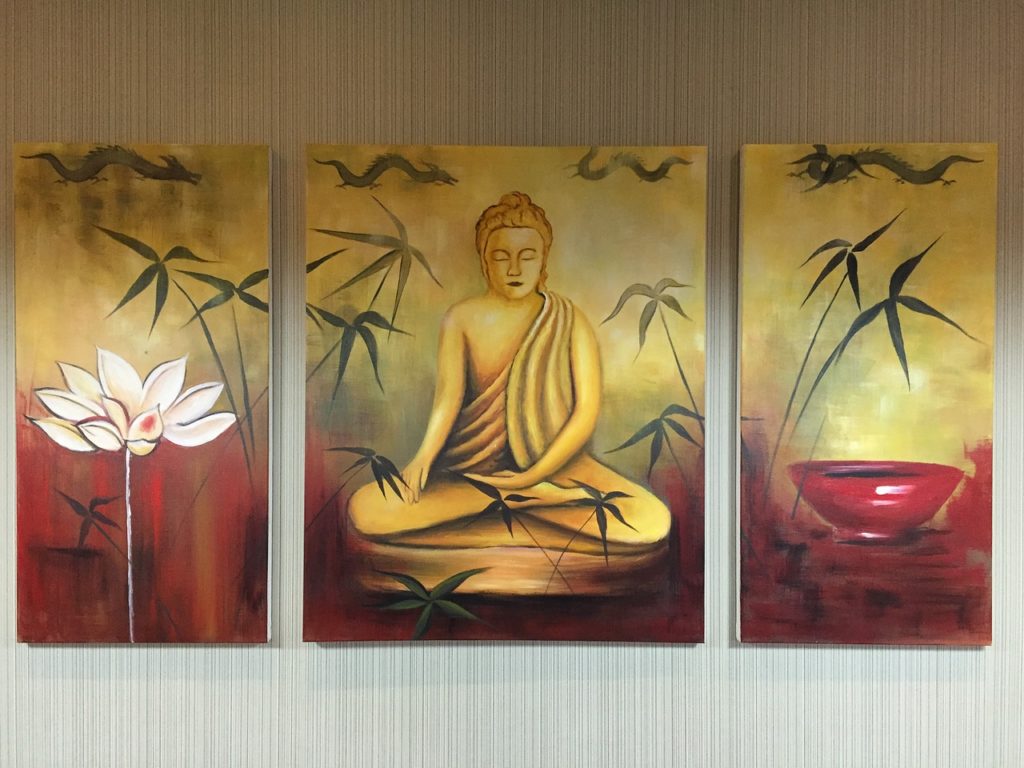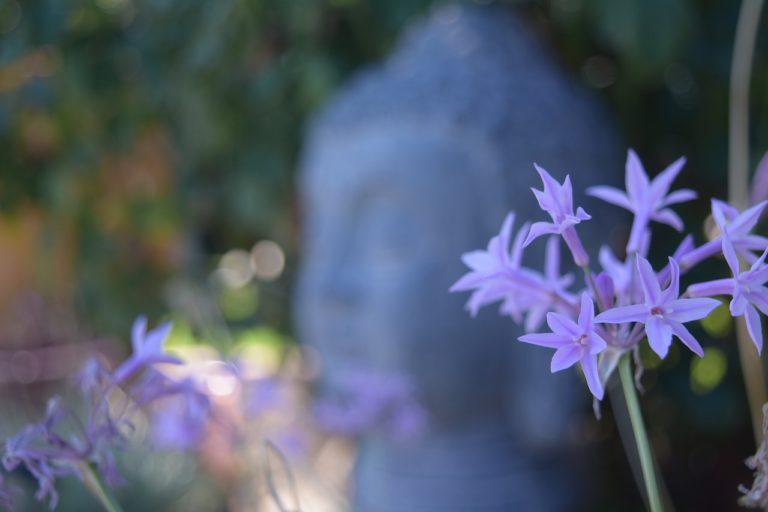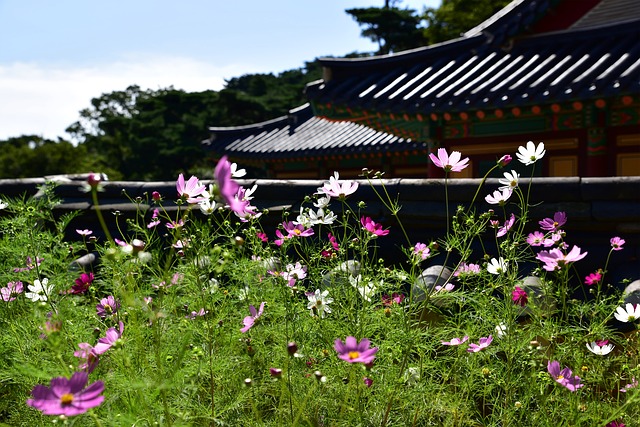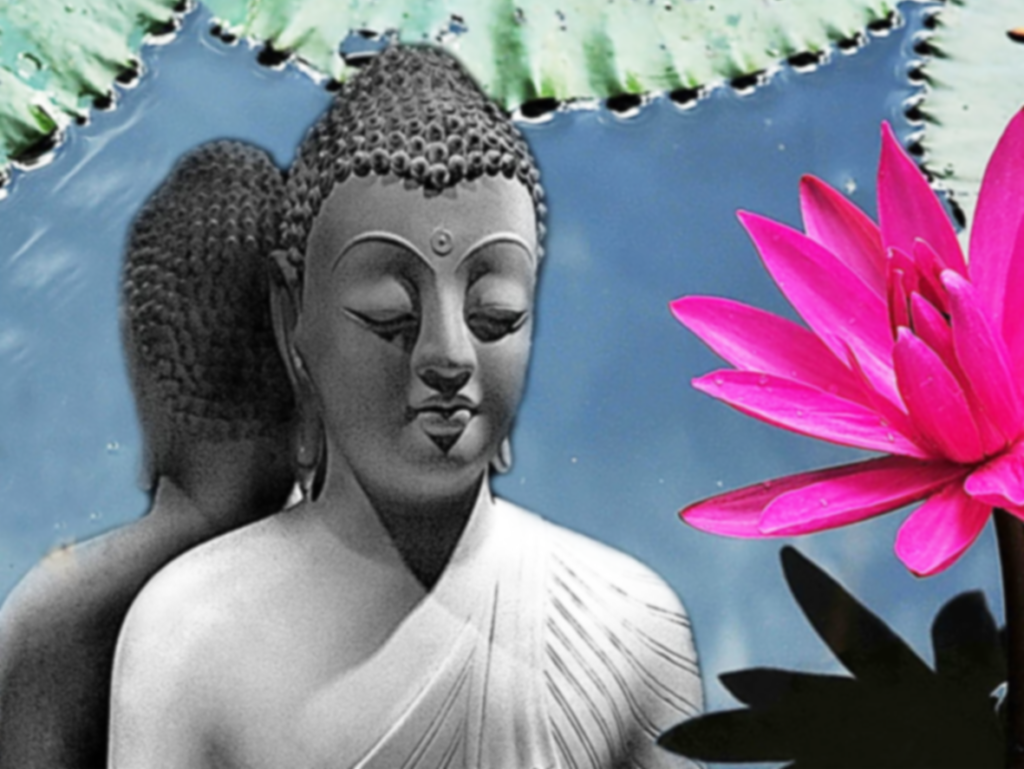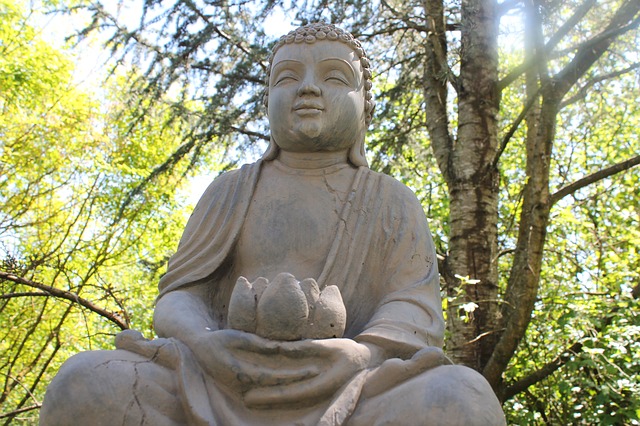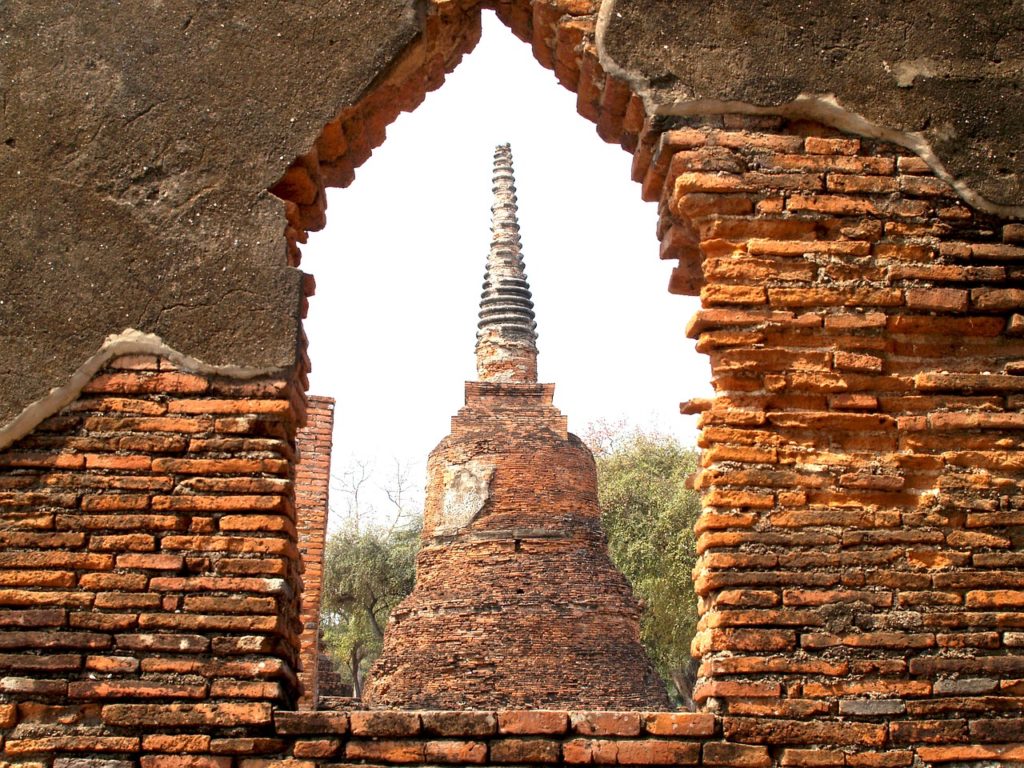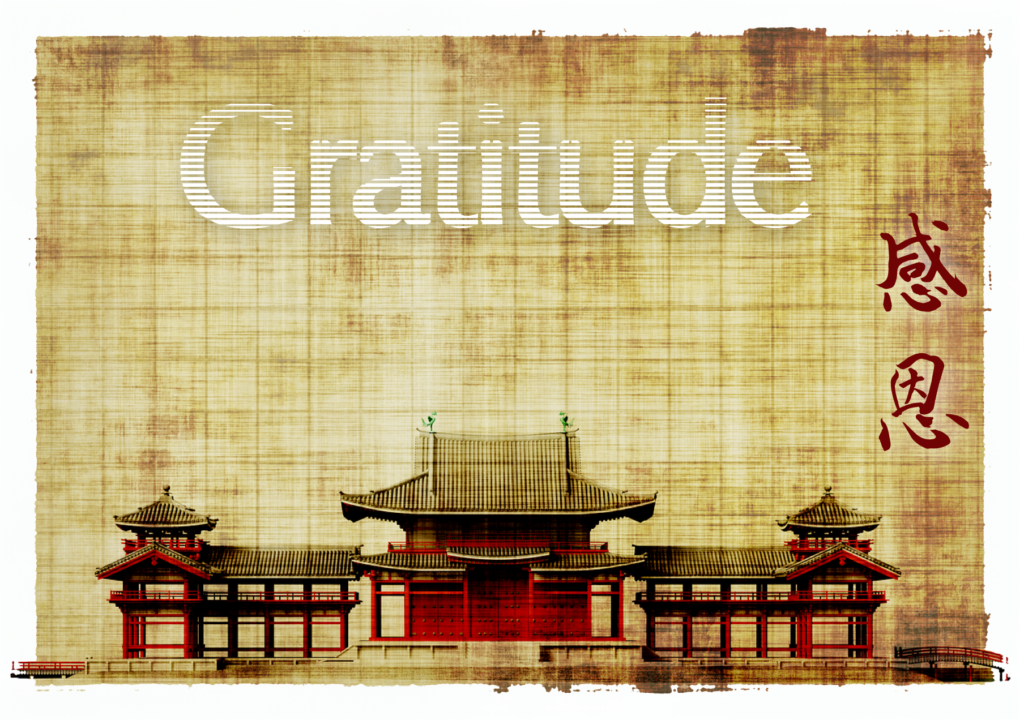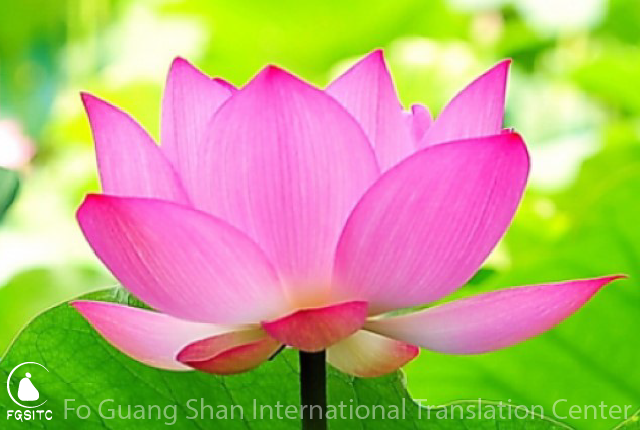
In the past, during the feudal period of Chinese history, men were respected while women were thought of as being rather contemptible. The birth of a son was compared to fashioning an ornament as precious as jade, which not only made everyone happy, but also raised the status of his mother. In contrast, the birth of a girl was compared to fashioning a tile as lowly as dirt. Clearly, this kind of thinking was deeply flawed. It seems that throughout history there has always been a sense of inequality between men and women.
Even within the Buddhist tradition—a tradition that stresses the equality of the Buddha nature of all sentient beings—it was necessary in the earliest formation of the order of female monastics to accommodate a patriarchal society that saw all women as inferior.
For this reason, the “Eight Precepts of Respect” were put in place which made nuns respect even the most recent novice monk as their senior and created over two thousand years of inequality within Buddhist circles. The predicament still exists, such that many well-educated and talented women are unwilling to become Buddhist nuns because they do not want to have to deal with this outdated group of precepts. This is truly a great loss for all Buddhists. A female professor in England said that she would never become a Buddhist nun if the “Eight Precepts of Respect” are still practiced within Buddhist circles.
The Buddha’s aunt, Mahaprajapati, raised the young Prince Siddhartha, and after he attained enlightenment, she personally led 500 Sakya clan women to leave the household life and relinquish their royal positions and privileges. In accepting the vows for female monastics, she gave substance to the spirit of the Buddha’s proclamation: “In following the Buddha, the four castes become equal as Sakya.” The bhiksuni order would not have been formed if not for the pioneering efforts of Mahaprajapati.
I feel that gender equality and equal rights are part and parcel with social change. Today, as the status of women is finally on the rise, the Buddhist world should work more generally to place monks and nuns on an equal footing, beyond simply addressing the problem of the “Eight Precepts of Respect.” From ancient times there have been heroic women who undeniably exceeded men in both wisdom and ability. Whether we are talking about family, religion, or community service around the world, it is women who tend to contribute the most. Even in often assuming a role backstage as wife, mother, or devotee, women have provided the greatest source of strength. For example, during the time of the Buddha, Queen Mallika turned her palace into a place of faith for people to congregate and worship. Dharma talks and sutra discussions became her chief vocation. Queen Srimala vowed to propagate the Mahayana Buddhist teachings, to replicate the “lion’s roar” of the Buddha and to spread the concept of the essential purity of the Tathagata. The mother of Kumarijiva, Jivaka, not only relinquished all the riches and comforts of her life in the palace, but also inspired her son to leave the household life. She raised him as a major force in Buddhism, who left behind an unparalleled legacy in his translations of the sutras.
In today’s Buddhist monastic circles too, there are also some outstanding bhiksunis, who have earned significant roles in recent Buddhist history.
We can see that women are no less wise or capable than men. Women can take part in government, education, cultural activities, and various philanthropic, and public affairs within the society, whereby they can actively expand their scope and opportunities in service of others. Generally speaking, women surpass men in terms of their enthusiasm, com passion, and sincerity. Thus, women should develop their own unique traits such as gentleness, compassion, meticulousness and diligence, just like Avalokitesvara Bodhisattva, who graces the world with compassion and beauty. Women should not under estimate themselves, and bear in mind that outer appearance is not all that is crucial. The most important is mutual respect and support between men and women. Only this will make the world a kinder and more loving place.
From The Buddhist Perspective on Women’s Rights, written by Venerable Master Hsing Yun.

